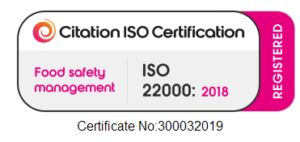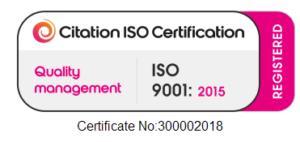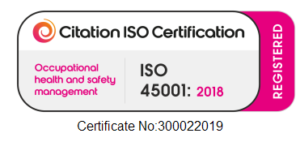The wholesale industry in the UK, including companies like Holland Bazaar, is facing significant labour challenges. As the demand for wholesale goods continues to grow, the availability of skilled labour has become increasingly strained. This shortage is especially pronounced in frontline roles, such as warehouse operations and customer service, where competition for talent is fierce. To remain competitive, wholesalers must adopt innovative strategies for recruitment, retention, and workforce automation.
Understanding the Labor Challenge
The wholesale sector is grappling with several factors contributing to labour shortages:
- Ageing Workforce: A significant portion of the workforce is nearing retirement, creating a gap that younger generations are not filling quickly enough.
- Skill Mismatch: Many available workers lack the specific skills required for modern wholesale operations, particularly in technology-driven roles.
- Increased Competition: Wholesale businesses are not only competing with each other for talent but also with other sectors like retail, logistics, and e-commerce.
Innovative Recruitment Strategies
- Leveraging Technology in Recruitment: Digital platforms and social media have become vital tools in reaching potential candidates. Wholesale companies can use targeted ads and AI-driven recruitment platforms to attract the right talent. Additionally, virtual job fairs and online interviews can help streamline the hiring process, making it easier to connect with a broader pool of candidates.
- Apprenticeship Programs: Developing apprenticeship and training programs can help bridge the skills gap. These programs provide on-the-job training, allowing new workers to acquire the specific skills needed in the wholesale industry. Partnering with local colleges or vocational schools can also create a pipeline of talent equipped with the necessary expertise.
- Employer Branding: Creating a strong employer brand is crucial in attracting talent. Companies like Holland Bazaar can highlight their commitment to employee welfare, career development opportunities, and contributions to sustainable practices. Promoting a positive workplace culture through testimonials, company achievements, and community involvement can make your business more attractive to potential employees.
Retention Strategies
- Employee Development and Career Pathways: Offering clear career progression opportunities can significantly improve retention. Providing continuous training, professional development, and mentorship programs helps employees feel valued and motivated. This investment in their growth not only enhances their skills but also fosters loyalty to the company.
- Flexible Work Arrangements: The pandemic has accelerated the shift towards flexible work arrangements. While some roles in wholesale require physical presence, companies can explore flexible scheduling, part-time work, or remote options for certain administrative or customer service positions. Flexibility can be a key factor in retaining talent who might otherwise seek employment in more adaptable industries.
- Enhancing Employee Engagement: Regular communication, recognition programs, and employee feedback mechanisms are essential for maintaining high levels of engagement. Employees who feel heard and appreciated are more likely to stay with the company long-term. Implementing regular surveys or town hall meetings can provide insights into employee satisfaction and areas for improvement.
Embracing Workforce Automation
- Automation of Repetitive Tasks: To counteract labour shortages, many wholesalers are turning to automation. Technologies like robotics, AI, and machine learning can handle repetitive tasks, such as inventory management, order processing, and even customer inquiries. This not only reduces the dependency on manual labour but also increases efficiency and accuracy.
- Investing in Advanced Warehouse Technology: Automated guided vehicles (AGVs), smart shelving systems, and automated picking solutions can significantly reduce the need for manual labour in warehouses. These technologies also help in optimising space and improving the speed of operations, which is crucial in a highly competitive market.
- Enhancing Digital Capabilities: The digital transformation of wholesale operations can streamline processes and reduce labour demands. Implementing integrated software solutions for supply chain management, CRM, and logistics can enhance operational efficiency and reduce the need for large administrative teams.
Adapting to Changing Workforce Dynamics
The workforce is evolving, and wholesalers must adapt to remain competitive. Embracing diversity and inclusivity, promoting a healthy work-life balance, and fostering a positive workplace culture are now essential components of a successful workforce strategy. By prioritising these areas, wholesale companies can attract and retain the talent needed to thrive in a challenging labour market.
At Holland Bazaar, we recognize the importance of adapting to these changes. By implementing these strategies, we aim to not only overcome the current labour challenges but also set a standard for excellence in the wholesale industry. Our commitment to innovation, employee welfare, and operational efficiency will ensure we continue to meet the needs of our customers while providing a rewarding workplace for our team.
By taking proactive steps today, we can secure the future of our workforce and maintain our position as a leader in the wholesale market.




